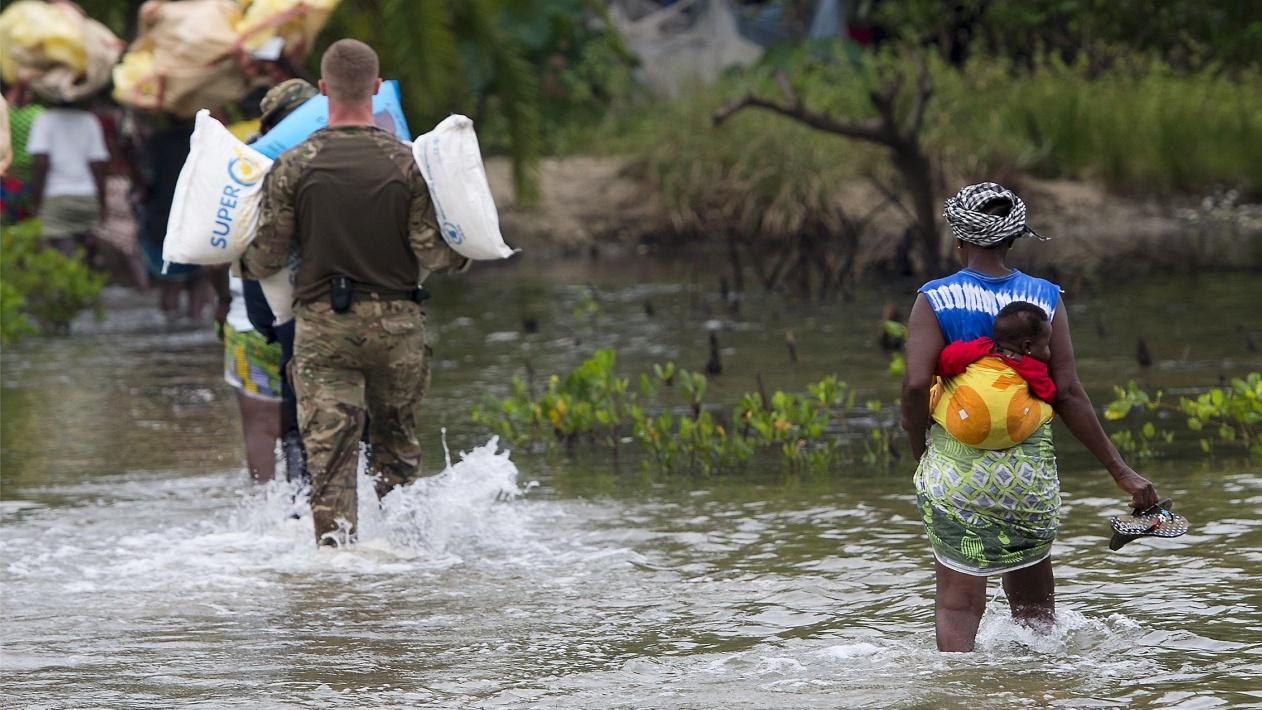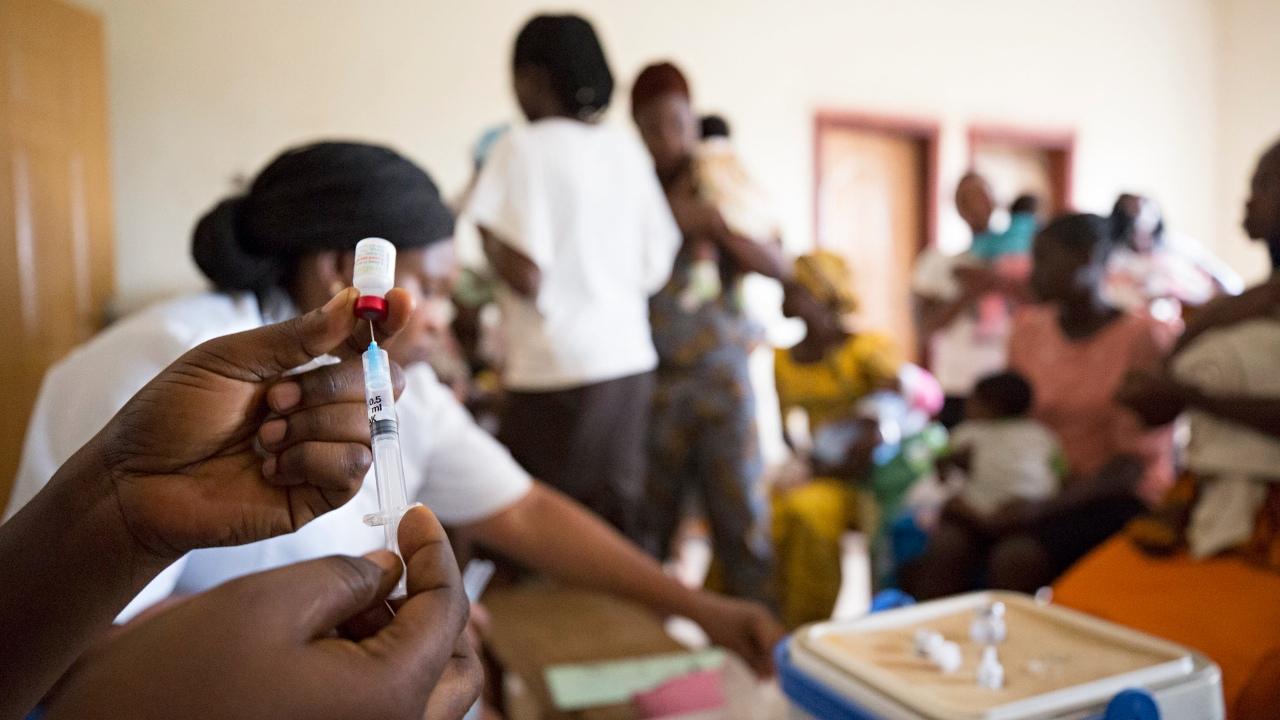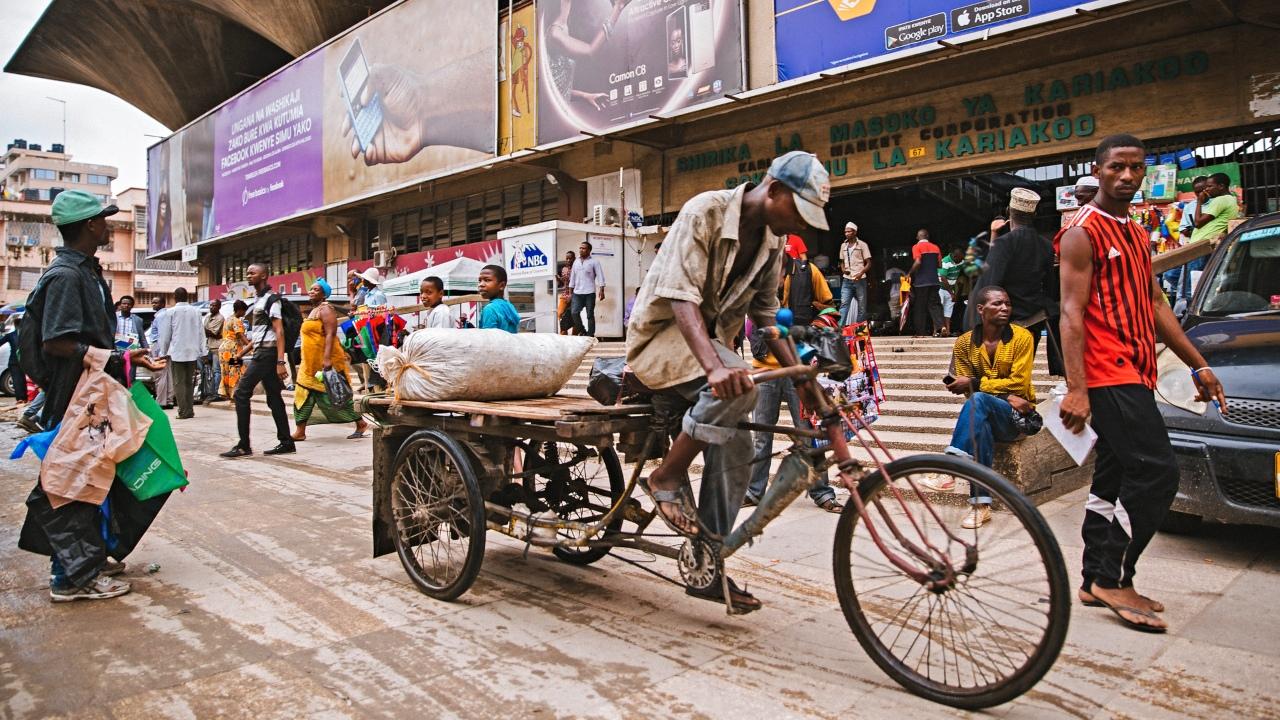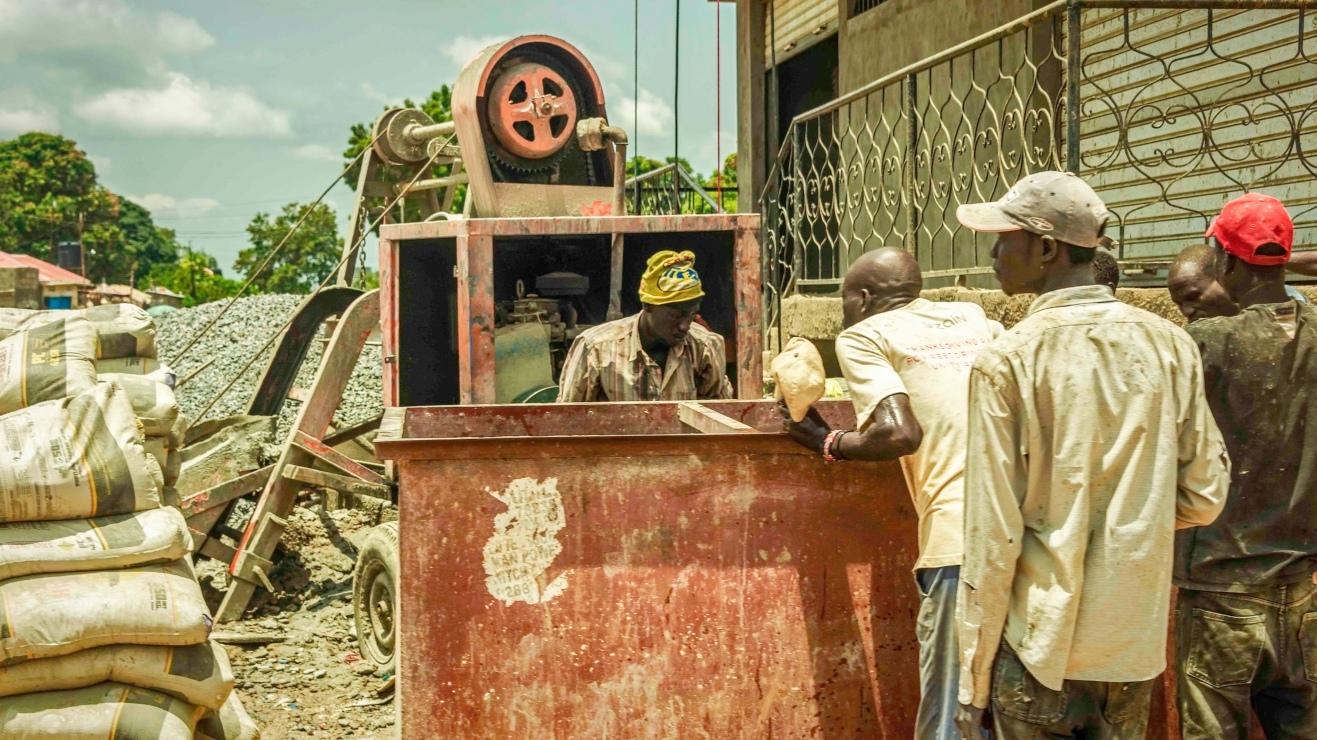The global effects of the COVID-19 pandemic are diverse and far-reaching, exposing fault lines in long-standing socio-economic crises. In countries historically impacted by colonialism, conflict and previous epidemics, much has been revealed about how these legacies manifest in the present, as sense is made of rapid change. Our new series uses diaries from people living under lockdown during the pandemic in the DRC and Sierra Leone to present these experiences first-hand, putting into question the nature of the crisis or, indeed, crises.
Follow the series COVID-19 pandemic stories from the DRC and Sierra Leone.
This blog series, funded by the SSRC Rapid Response Grant, aims to make visible the implications and everyday experiences of living during COVID-19 in the Democratic Republic of Congo (DRC) and Sierra Leone – countries with a history of colonialism, armed conflict and epidemics, in particular Ebola. The project is the result of an international collaboration between five teams of two co-authors comprising a Congolese/Sierra Leonean researcher and a Western-based colleague. Between March and December 2020, the African partners carefully documented their personal experiences of the ongoing COVID-19 pandemic using ‘lockdown diaries’, which were then analysed and reworked through dynamic collective discussions into the blog series presented here.
Whose crisis?
In the series, Abass Kamara and Luisa Enria offer a synthesising statement that speaks to the collection of each diarist’s experiences: ‘Not only did people experience the pandemic very differently, but interpretations of the health emergency and its material effects highlighted a range of other contestations and fault lines in longer-standing societal crises’. The collection of blogs presented here articulates these various experiences and highlights four particular themes anchored in an analytical lens of ‘whose crisis?’: (1) distrust towards the virus and the source of its emergence; (2) implications of the disease mandates on and the creation of uncertainties in the job sector; (3) fear (personal/familial/relational) and fear management, and; (4) masks, police repression, and navigating the social landscape with a mask.
As Marie-Noël Cikuru, a Congolese researcher and practitioner, asserts, these different experiences during the period necessitate that we first interrogate the very policies ordered under the pandemic itself. ‘The term ‘confinement (lockdown)’, she argues, ‘is impractical. In fact, it is hard to implement, if not impossible. Most people, especially in poorer neighbourhoods, live in small wooden cabins covered with sheet metal, which are very poorly lit and ventilated, and become very hot during the day. It is simply unthinkable to spend the day there’.
Where restrictions were enforced, the most immediate impacts were on both ordinary and marginalised people’s capacity to gather revenues and support their families. Ange Kasongo, a Kinshasa journalist noted, ‘how hundreds of thousands of impoverished and ordinary urbanites have been cut off from their main source of livelihood.’ The government’s first move to contain the spread of COVID-19 among Kinshasa’s 14 million inhabitants was to put its high-end residential and administrative area, la Gombe, on lockdown. This had particularly negative implications for the city’s impoverished dwellers who converged on Gombe daily in search of income. ‘With no more opportunities to sell foods, phone credits and other basic items along Gombe’s busy roads … one can only imagine the enormous loss of earnings for the general population’.
This response echoes Christian Pole Pole Bazuzi’s experiences, who, as a researcher located in Goma – over 1,500km East of Kinshasa – noted how ‘COVID-19 provoked a deep economic crisis in most sectors in eastern DRC’. This includes researchers like himself, whose work activities were suddenly suspended, and offices closed following project funder decisions. Patrick Milabyo Kyamusugulwa, the Director General of the Bukavu University Medical College, similarly recalls how those employed in the higher education sector were also negatively affected. For many college educators in the region, closing schools meant more than just the ceasing of teaching activities, but ‘this resulted in the immediate loss of local income for all teachers as well as administrative staff.’
Adding to these economic hardships, Christian Bazuzi and Gauthier’s post analyses the political and social impacts of COVID-19-related policies on ordinary citizens whose experiences of recurring police abuse and violence significantly worsened amidst the pandemic. Christian Bazuzi relates how in the case of the Congo, ‘the mask became a business for our security forces as the requirement to wear a mask opened the door to increased harassment of the population,’ whereby, ‘the mask turned into a form of ID card in the city, which had to be carried around day and night, more because for fear of being arrested than for health reasons.’ Abass, who works for the Kambia District Health Management Team in Sierra Leone, notes in his diaries that these everyday experiences demonstrate that most saw the socio-economic effects of COVID-19 regulations as being far more severe than the virus itself, whether by the loss of income, the shut-down of the educational sector, or repeated extortion by security forces.
Yet, despite the restrictive measures put in place by the government, Patrick suggests, ‘most did not believe in the existence of the virus’. As Marie-Noël and Charlotte write, ‘there is a general perception that COVID-19 is a disease of white rich people imported by Congolese elites and Westerners into the country. People distrust the government and see its orders of confinement a way to gain funds.’ In their post, Ange and Stéphanie similarly relate that ‘many city dwellers in the capital strongly believed that only those who have sufficient means to travel to Europe are likely to be contaminated.’ Distrust towards authorities extends to medical facilities, as it is believed health workers receive large sums of money to establish the existence of COVID-19 in the province. ‘Alongside reflections as to whether the pandemic was really a crisis at all,’ as Abass and Luisa note, ‘the most prominent rumours centred on the assumption that those working on the frontlines of the response, public health officials like Abass, are inflating numbers or even inventing the disease entirely so as to profit: health workers want more positive cases so they can make money’. Paulin faced a similar situation when visiting a rural outpost in South Kivu to carry out research: ‘the population thought that we had come with the virus to spread it around there!’
These deep-seated dynamics of mistrust, they indicate, not only pose challenges to efforts to contain the pandemic, but may also affect people’s health more generally, as fearful citizens turn away from health centres. Across all the diaries we found that COVID-19 ‘offers a specific grammar to discuss long-standing concerns about how the powerful might profit from the suffering of average citizens’.
Amidst ‘the inconsistent implementation of lockdown measures, heightened police controls and brutality, increasing numbers of COVID-19-related rumours and viral fake news, and growing sentiments of suspicion’, Ange and Stéphanie detail that ‘precariousness spiked in the streets of Kinshasa, [and] fear began to fester among its inhabitants.’ ‘The virus,’ Patrick and Ann conclude, ‘not only served to create additional uncertainties in people’s lives but more so it exposed existing uncertainties and inequities already present.’
The collection of these diaries highlights that the effects of COVID-19 are multiple, far-reaching and long-lasting which makes ‘clear that we cannot speak of a single crisis’. To understand what is happening ‘requires a detour into history where ‘mistrust and resentment towards colonial symbols – the doctor, the policeman etc – originated in the policing of colonised people in schools, health care, law and education.’ A more fundamental question thus arises: what kind of crisis is this pandemic?
Read posts by:
Abass S. Kamara & Luisa Enria
Christian Pole Pole Bazuzi & Gauthier Marchais
Patrick Milabyo & Ann Laudati
Ange Kasongo & Stephanie Perazzone
Marie-Noël Cikuru & Charlotte Mertens
Photo by Ono Kosuki from Pexels.





